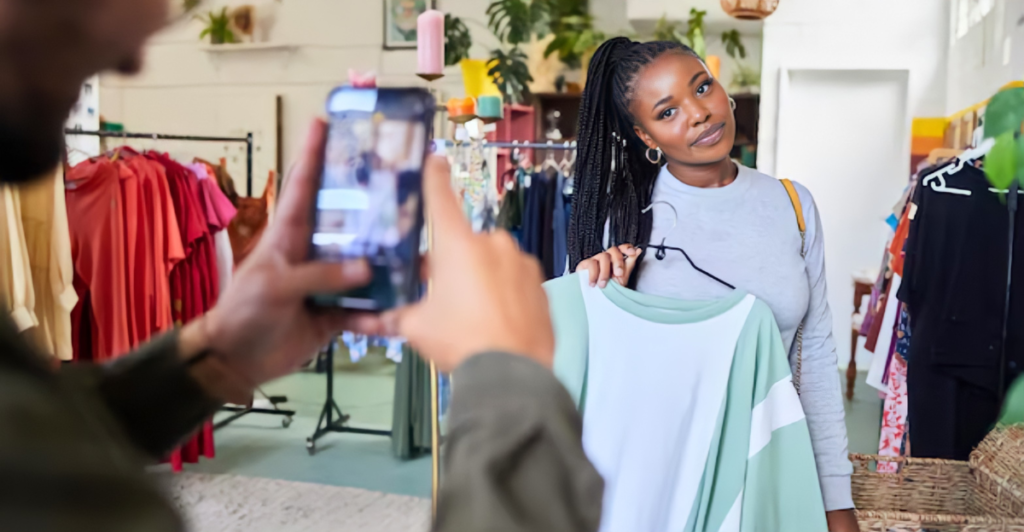
At a time when conscious consumerism is gaining traction, shopping at Black-owned businesses has emerged as a major way to promote economic equality and cultural diversity. With technology closing gaps and easily connecting consumers with Black business owners, apps specifically designed to highlight Black-owned brands are changing the way people shop.
From discovering neighborhood restaurants to sustainable products, these apps make it easy to find Black-owned businesses that deserve our support. Here, we discuss nine of the most notable apps that empower Black-owned businesses, marrying innovation with intent. Whether you’re shopping for clothes and food or looking to improve your overall well-being, these apps are reshaping and enhancing the retail landscape.
The Importance of Black-Owned Businesses and Apps
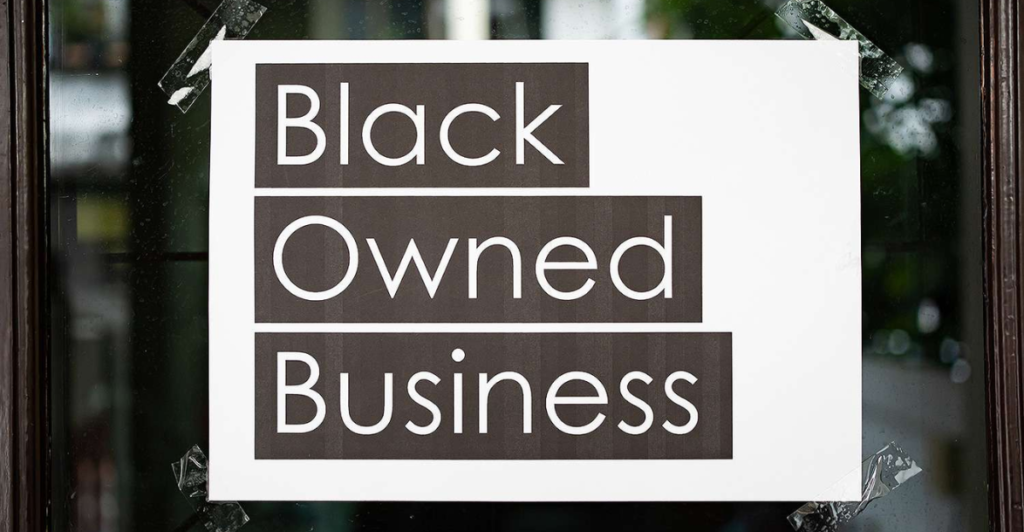
Historically, Black businesspeople have faced systemic barriers, such as restricted access to capital, biased lending practices, and exclusion from markets. However, Black-owned businesses have proven that they reinvest in communities by creating jobs, funding local causes, and accumulating generational wealth.
By shopping on these apps, customers can help level the playing field, enabling Black businesses to get the visibility and cash flow they require to thrive, cementing them in economic networks.
Online platforms like these apps provide an unprecedented level of contact between consumers and Black businesses globally, erasing economic inequalities and creating a more cohesive marketplace.
1. EatOkra
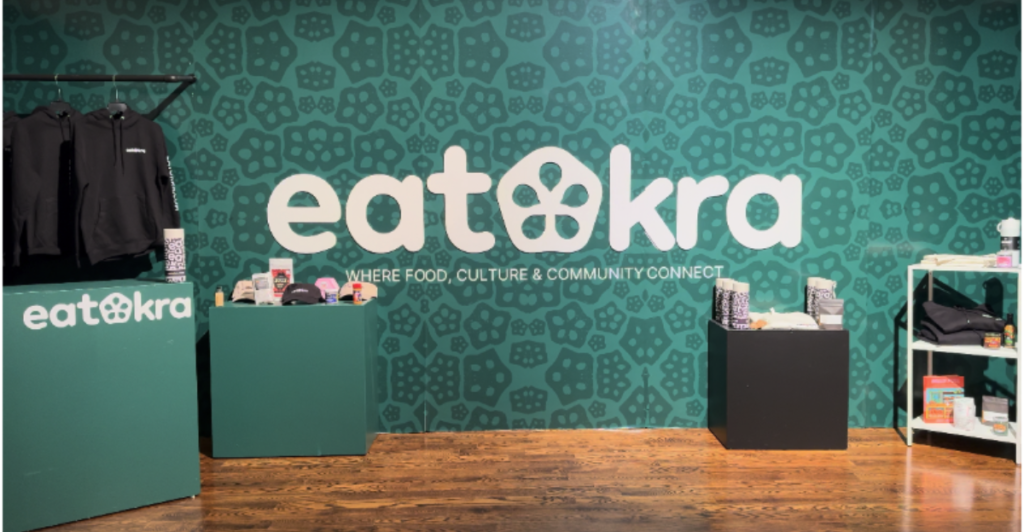
Dubbed the “new green book for Black restaurant seekers,” EatOkra is a user-friendly app that showcases over 16,000 Black-owned restaurants, food trucks, and pop-ups. Beyond being a directory, EatOkra aims to enrich users’ dining experience by offering the history and stories behind each establishment, fostering a deeper connection between consumers and Black culinary heritage. With over half a million users in its community, this app shows the growing demand for inclusive dining experiences.
2. Official Black Wall Street
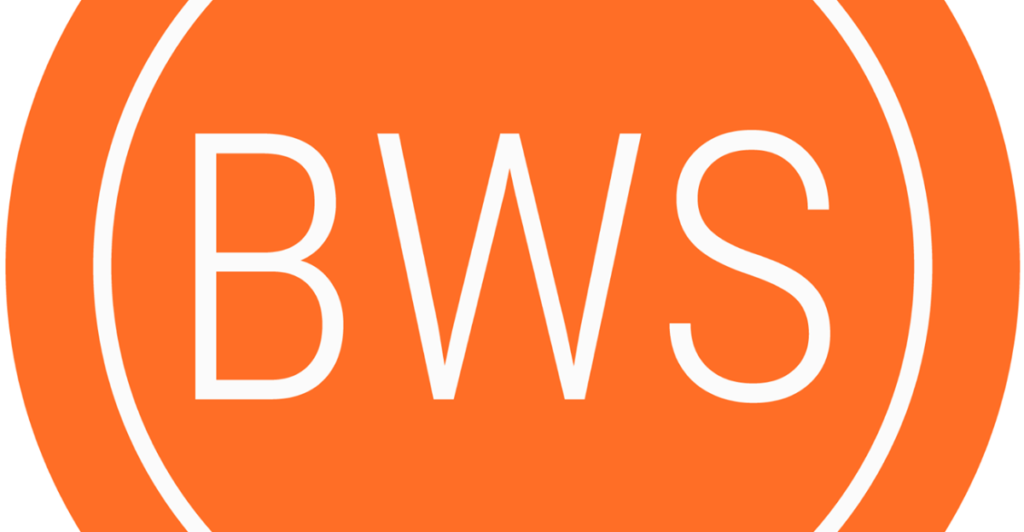
Official Black Wall Street (OBWS) is a website dedicated to discovering, reviewing, and shopping from Black-owned enterprises worldwide. The app aims to unite consumers with businesses while encouraging users to leave reviews in the hopes of making Black business owners more transparent and credible. OBWS is an example of a global network that contributes to economic development and cultural awareness.
3. Miiriya

Miiriya, meaning “thoughtful” or “intelligent” in Bamanan/Dioula, is a new marketplace that pools products from various Black-owned businesses into one convenient platform. From fashion to household products, the site has something for everyone. Miiriya is dedicated to making shopping a simple experience while championing Black enterprise and creativity.
4. Blapp
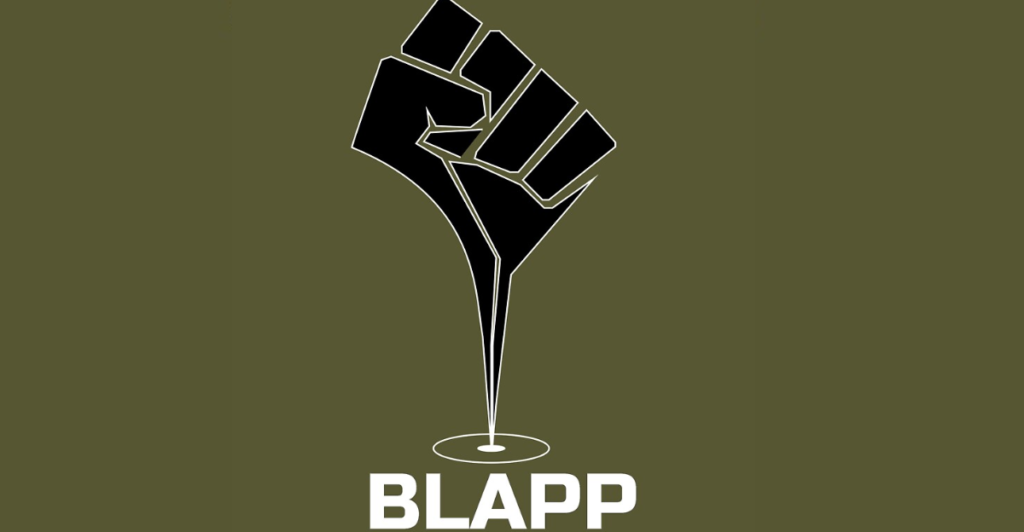
Blapp, or “Black App,” seeks to help users find and support Black businesses across all industries with ease. Blapp offers an efficient platform that assists users in finding local services, restaurants, or online products created by Black entrepreneurs. In bringing consumers together with Black-owned businesses, Blapp promotes community growth and economic progress.
5. BlackGuide
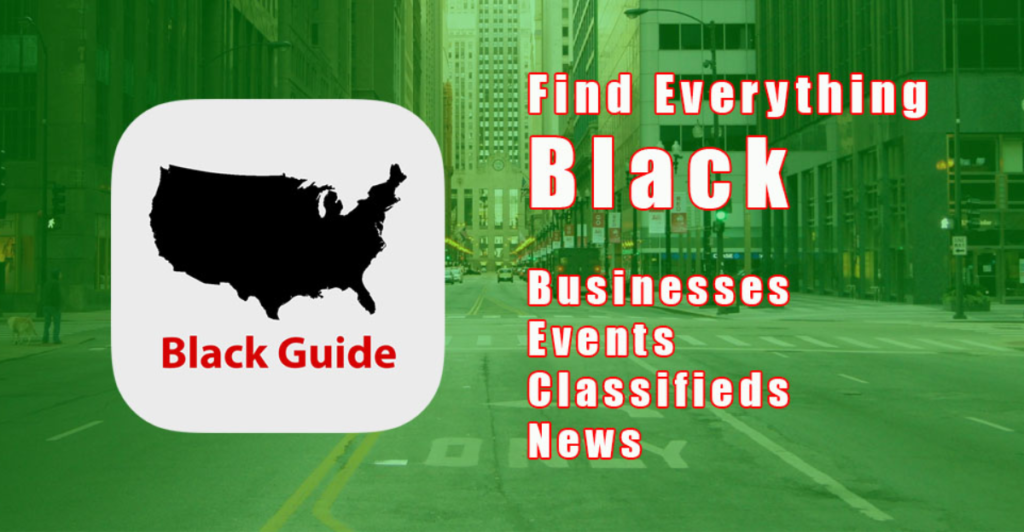
BlackGuide is a multi-purpose application that not only highlights Black-owned businesses but also shows local events and news of interest to the Black community. Covering over 14 major U.S. cities, BlackGuide is a cultural guide that directs users to businesses and events that celebrate Black heritage and innovation. The app’s forum encourages discussion and interaction among users, enriching the experience as a whole.
6. Soko
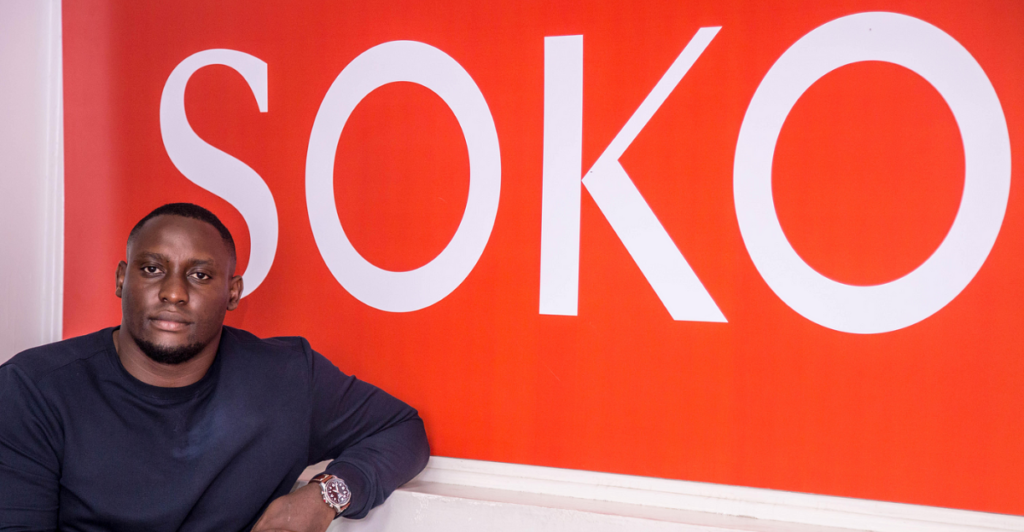
Soko, or “market” in Swahili, updates the classic farmers’ market by directly linking consumers to local farmers. The app allows users to shop for fresh fruits, vegetables, and pantry staples from Black-owned farms and vendors. In addition, Soko aims to help bring nutritious foods to locations deemed food deserts. Thus, the app uses technology to empower local farming while fostering healthier communities.
7. MelaninPeople
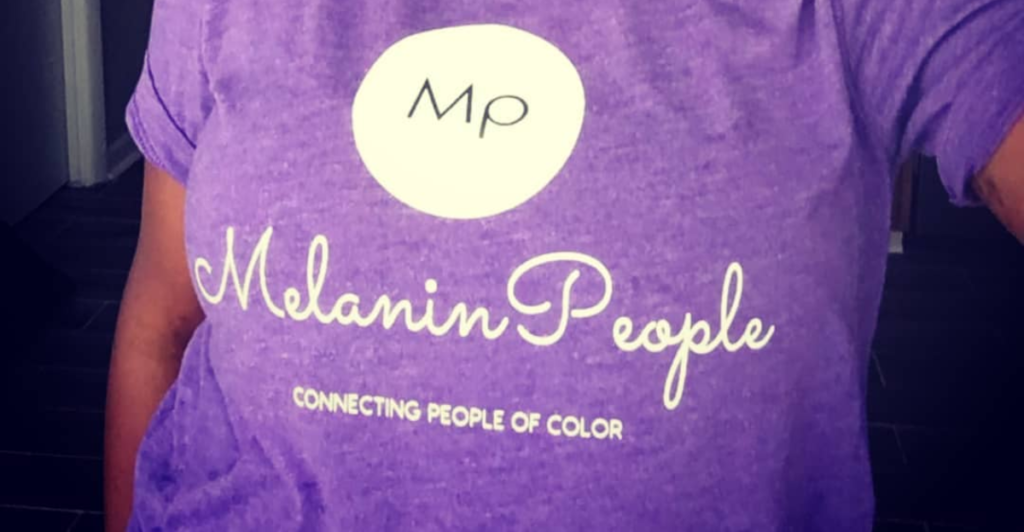
MelaninPeople is a socio-business media platform designed to connect individuals of African descent globally. In addition to networking, the app allows individuals to market their products and services, offering opportunities for business and commerce growth. By facilitating international connections and increased economic growth, MelaninPeople enables the formation of a global, empowered, and unified Black community.
8. Black Economic Advancement Network (BEAN)

The Black Economic Advancement Network (BEAN) surpasses traditional social networking as an economic platform for entrepreneurs and Black businesspeople. By maximizing accessible wealth and promoting economic empowerment via exposure and education, BEAN facilitates the promotion of relationships, teamwork, and resource sharing. BEAN embodies the idea that progress is achieved through collaboration and mutual support.
9. Black Vegan Tube
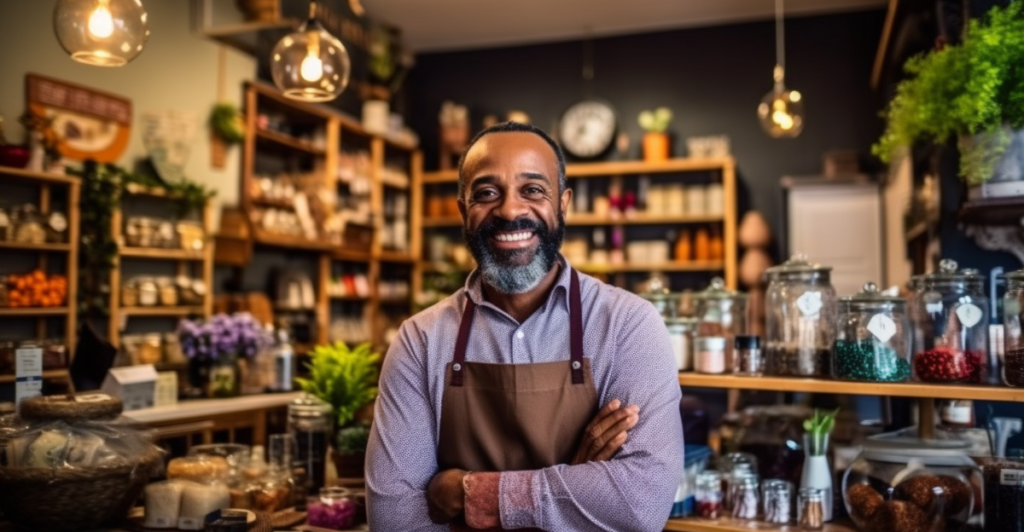
For those seeking plant-based living, Black Vegan Tube offers two apps, Black Vegan Recipes and Black Vegan Shop, where users can find vegan recipes and nutrition facts while also shopping for supplements, vitamins, and herbs. These resources help individuals make informed, healthy choices that adhere to sustainable living principles.
10. Black Nile
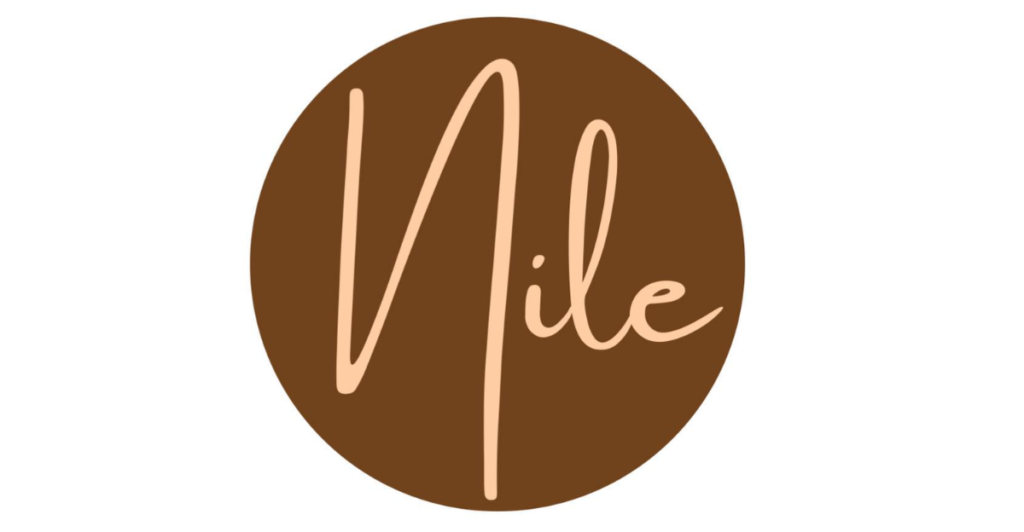
Black Nile is known as “Black Amazon” and gives users access to over 3,000 Black-owned stores across 40+ categories, from skincare and fashion to home goods or restaurants. The app has also added Google Maps to the platform, which allows users to find and review Black-owned businesses, fostering a greater sense of community and accountability. Further, Black Nile encourages ethical consumption by encouraging users to invest in businesses that uphold social and economic justice principles.
Empowering Black-Owned Apps

By using these apps as part of your daily life, you not only get access to special products and services but also contribute to the economic empowerment and the cultural enrichment of Black communities. Embracing these platforms is a tangible step toward creating diversity, equity, and inclusion in the marketplace.
